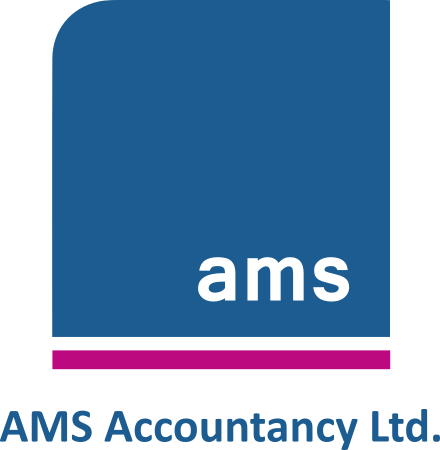When starting a business there are a lot of things to think about and a checklist can be useful.
The checklist below is not exhaustive but it does include tasks that are sometimes overlooked by people starting out in business. It is always worth talking to an accountant at the outset.
- Decide on a business structure – sole trader, partnership or limited company;
- Decide on ownership – taking into account tax efficiency (particularly if you have a spouse) as well as ensuring a fair ownership split;
- Decide on a name – and make sure it isn’t already trademarked or used by another business;
- Take advice if going to form a limited company so as not to make costly mistakes;
- Consider getting a lawyer to write a Partnership Agreement or a Shareholders’ Agreement to agree how to resolve disputes and what to do in the event of death/marriage/divorce and how people buy-in or leave the business – ideally whilst everyone is still on good terms;
- Open a bank account in the name of the business – and ensure it is a corporate account if you form a limited company. This will generally need a meeting (probably online, nowadays) and typically takes a few weeks to be opened;
- Decide on what bookkeeping system you will use (spreadsheets, cloud accounting?), and on who will do the bookkeeping – and ensuring it complies with existing/imminent Making Tax Digital rules;
- Decide how will you raise invoices – manually or via a bookkeeping system – or will you set up direct debits (in which case you need to talk to your bank) – and think about how you will chase debtors – who will do the credit control?
- How will you get customers? Advertising, agencies, an online shop, etc.?
- Where will the business be run from – your home? Or will you need to rent premises?
- Consider registering for VAT – it might be advantageous – and take advice if buying or selling outside the UK;
- Consider registering for a PAYE scheme (and for the Construction Industry Scheme if in construction);
- Make sure you have proper Contracts of Employment for any employees;
- Consider what insurance policies you need – Public Liability; Employer’s Liability; Professional Indemnity; Product insurance; Cyber insurance; Keyman insurance – and contact a broker/insurance companies;
- Consider if you need to set up an Auto enrolment pension scheme (which you will almost certainly need to do if you have employees);
- Consider if you need finance and, if so, how much and how will you raise this?
- What fixed assets (vehicles and equipment and IT kit) will you need? And how will you buy them – cash, HP, lease?
- Make sure you comply with Health & Safety regulations, GDPR and any other legislation relevant to your industry.
- Consider including your business in a Lasting Power of Attorney and in your Will.
- And, finally, consider how you will be paid by the business – salary, dividends, pension contributions? – and how to make this tax efficient.
